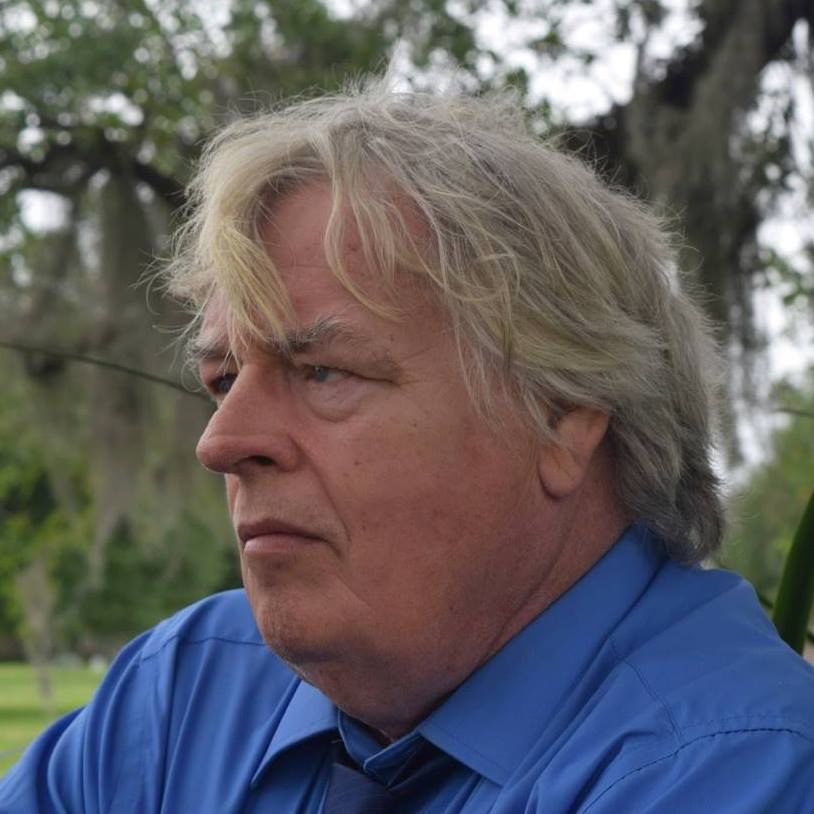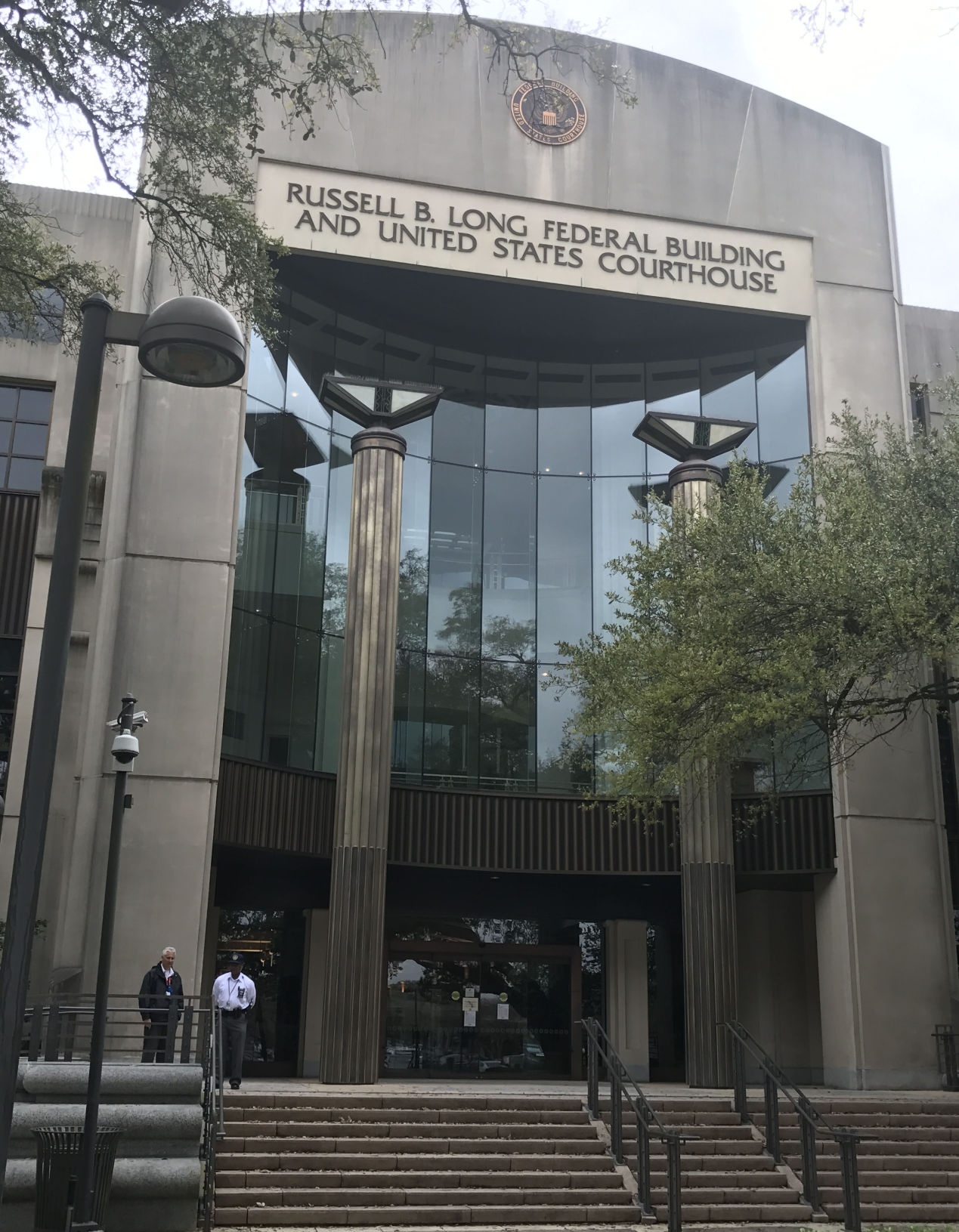
Another chance to prosper
August 23, 2017
The judge has made his ruling; now what next? No easy path ahead
August 23, 2017The Bayou Region – for the most part – has not been affected by the culture wars that other parts of the nation, at least not directly so. A burgeoning effort to remove Confederate monuments, resistance to displays of the Confederate battle flag, definitions and redefinitions of the Civil War’s legacy have found other battlegrounds, most recently Charlottesville, Va.
While Houma, Thibodaux and other local towns do not face issues similar to those of Charlottesville or New Orleans, or other locales where Confederate monuments abound, or are integral icons of local culture.
Vestiges of our past do exist, in the names of streets, in the names of buildings and instutitions.
Cognizance of this becomes more evident when some events are held, like the memorial service for Confederate veterans at St. John’s Episcopal Church Cemetery in Thibodaux. As a photo and words in this issue indicate, individuals wishing to honor their Confederate ancestors gathered at the churchyard, some in Confederate uniforms, some bearing flags of the Confederacy. Speeches and a sermon contained more than just prayers for the Confederate departed, but addressed concern over monuments and claimed attemtps for history to be re-written.
As the article indicates, an attempt was made to have the service at St. Joseph’s Catholic Cemetery. The requirements there would have resulted in a service sans uniforms, a volley, and photographs, as well as media coverage of the event. The organizers, member of the Sons of Confederate Veterans, chose instead to keep their original venue, which was St. John’s.
More than one black clergyman in Thibodaux expressed a point of view to us, which was that anything having to do with honoring the Confederacy was offensive. There would be no attempts to stifle this sort of speech, however.
The Bayou Region’s relationship to both the Confederate cause and the Union – the federal government – was complicated during the Civil War era. Many leading local sugar planters were union loyalists. Houma and Thibodaux were occupied by federal forces. Reconstruction proved a painful time. The ravages of war and the insult of its aftermath, were painful for many local white families. The horror that was slavery was well known to many black families, and indignities, even violence in some cases, were known by them as well once the canonfire was quelled.
We are not going to erase the effects of these troubled histories by knee-jerk changing of building names, however, if indeed that can be accomplished ever. But we can try to lay the groundwork, in our churches, our civic organizations and our schools, for true dialogue to occur. We can educate ourselves about the war between the states and learn of the roles our ancestors played, no matter which side they aligned with. We can rely on our own research and replace rhetoric with objective fact.
Starting early on the morning of Sat. Oct. 21, former Nicholls State University professor Chris Pena will lead a tour of Bayou Lafourche and share his knowledge of what occurred here during the war, providing an oral history recapping the research that led to his book “Scarred By War,” which tells the story in greater detail.
Sweeping history under the rug will not make us wiser or better. Learning our history will. The all-day tour costs $120 per person, and more information can be obtained by calling (504) 909-1862 or emailing info@civiwarnola.com.
Questions of historic interpretation do not need to tear communities apart. They can bring communities closer together if we are willing to do the work and ask the questions of the right people.
We support any non-partisan efforts that will increase our knowledge store and such tours are a good place to start. Perhaps proper ownership of history, presented in proper context, can aid economic development as well.
We hope that discussions of the past locally will continue to take the tone of a quest for knowledge and context, rather than a furthering of agendas on either side of the historical coin.






